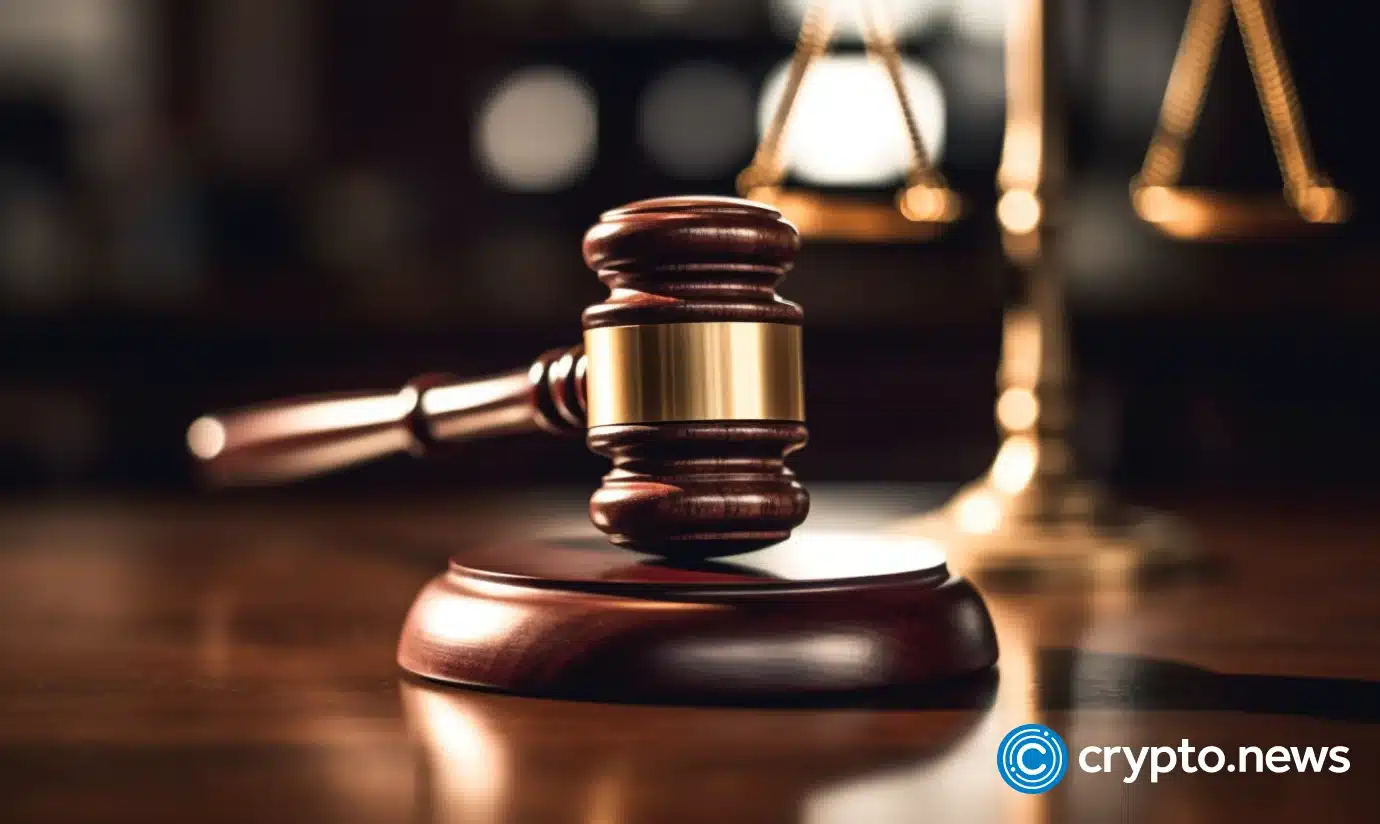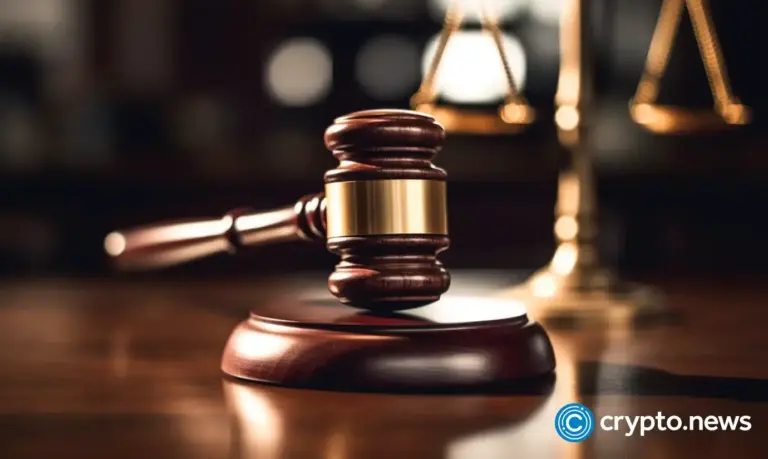
Arizona has vetoed bill HB 2324 to create Bitcoin Reserve funded by criminal forfeiture, marking the third time the state has blocked a digital asset reserve proposal.
In a veto letter to House Speaker Steve Montenegro, Arizona Governor Katie Hobbs has blocked House Bill 2324, which aimed to establish a Bitcoin and Digital Assets Reserve Fund funded by cryptocurrencies seized through criminal forfeiture.
Initially rejected by the House on May 7, the bill was revived after a narrow 16-14 Senate vote on June 19 when Republican Senator Janae Shamp, who had previously opposed it, filed a motion to reconsider. The measure returned to the House and passed on June 24 with a 34-22 vote, proposing that seized digital assets be overseen by the State Treasurer and allocated partly to the Attorney General’s office, the state’s general fund, and the reserve fund itself.
In the veto letter, Hobbs argued that diverting these assets into a state-managed reserve fund could undermine local agencies’ willingness to participate in investigations and seizures, ultimately weakening enforcement efforts against crimes involving digital assets.
“Today, I vetoed House Bill 2324. This bill disincentives local law enforcement from working with the state on digital asset forfeiture by removing seized assets from local jurisdictions,” she wrote.
HB 2324’s veto is the third time this session Governor Hobbs has blocked a digital asset reserve proposal.
Previously, she vetoed SB 1025, which sought to permit the state to invest up to 10% of public funds in Bitcoin (BTC) or other digital assets, and SB 1373, which proposed funding a Digital Assets Strategic Reserve with seized cryptocurrencies and other appropriations.
However, Hobbs signed HB 2749 into law on May 7, establishing a reserve for unclaimed digital assets such as abandoned cryptocurrencies, airdrops, and staking rewards, managed by the Department of Revenue, thereby integrating digital assets into state finance without direct investment or reliance on criminal forfeiture funds.


